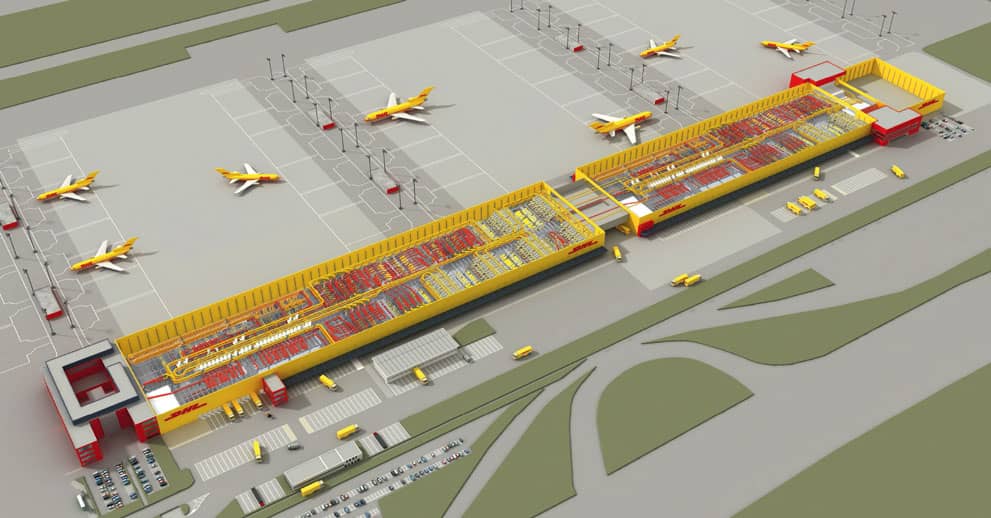Every business has a pulse. It's not measured in heartbeats, but in the steady flow of money moving in and out of your accounts. Just ask Sarah Chen, founder of Singapore-based CloudKitchen Solutions. Her company processes over 10,000 food deliveries daily, yet she admits that managing cash flow keeps her up at night more than any operational challenge.
"Some days, we're processing thousands in sales. Other days, we're juggling supplier payments while waiting for platform payouts," she says. "Success isn't just about having money—it's about having it at the right time."
Sarah's experience mirrors a universal truth in business: timing is everything when it comes to cash flow.

The Real Cost of Poor Cash Management
Think of cash flow like oxygen for your business. You might have profitable months on paper, but if you can't cover this week's payroll or that urgent equipment repair, those future earnings won't help you today. Research shows that 82% of business failures stem not from lack of profits, but from poor cash flow management.
Smart Strategies for 2025
1. Master Your Cash Cycle
Map your money's journey through your business. When do customers typically pay? When do suppliers need payment? Understanding these patterns helps you spot potential cash crunches before they happen.
2. Speed Up Your Collections
Every day an invoice stays unpaid is a day your money's not working for you. Consider these proven approaches:
Offer early payment discounts (2% for payment within 10 days works well for many businesses)
Use digital payment systems that make it easy for customers to pay instantly
- Set up automated payment reminders that maintain professionalism while ensuring timely payments
3. Build Strategic Supplier Relationships
Your suppliers can be powerful allies in managing cash flow. Start meaningful conversations about:
Extended payment terms during seasonal dips
Volume-based discounts that reduce upfront costs
Early payment benefits that could save you money
4. Trim the Fat, Keep the Muscle
Cost-cutting shouldn't mean compromising quality. Focus on:
Analyzing subscription services—are you using everything you're paying for?
Reviewing energy usage patterns
Negotiating better rates with service providers
Automating repetitive tasks to reduce labor costs
5. Embrace Smart Technology
Modern financial tools do more than track numbers—they predict patterns and spot opportunities. Look for solutions that offer:
Real-time cash flow monitoring
Automated invoice processing
Predictive analytics for sales forecasting
Integration with your existing business systems
6. Build Your Safety Net
Even the best-run businesses face unexpected challenges. Protect yourself by:
Maintaining emergency cash reserves
Securing credit lines before you need them
Diversifying your banking relationships
Understanding your insurance coverage
7. Leverage Technology
Adopting digital tools can enhance efficiency and reduce costs. For instance, accounting software can provide real-time insights into your financial health, aiding in better cash flow management. Embracing technology is becoming increasingly essential for staying competitive.
8. Monitor Economic Indicators
Stay informed about economic trends that could impact your business. Factors such as inflation rates, currency fluctuations, and changes in consumer behavior can influence cash flow. Being aware of these can help you adapt strategies accordingly.
9. Communicate with Stakeholders
Maintain open communication with employees, suppliers, and customers. Transparency about your business's situation can foster trust and collaboration, which are invaluable during periods of financial strain.

Your Next Steps
Start by examining your last three months of cash movements.
Where are the patterns? The pinch points? The opportunities? This analysis will reveal your business's unique cash flow DNA—and point the way toward positive changes.
Remember: Cash flow management isn't about perfection; it's about progress. Each small improvement in how you handle money flowing in and out of your business adds up to significant gains over time.
The businesses that will thrive in 2025 won't necessarily be the ones with the most cash—they'll be the ones that manage it most effectively.




































